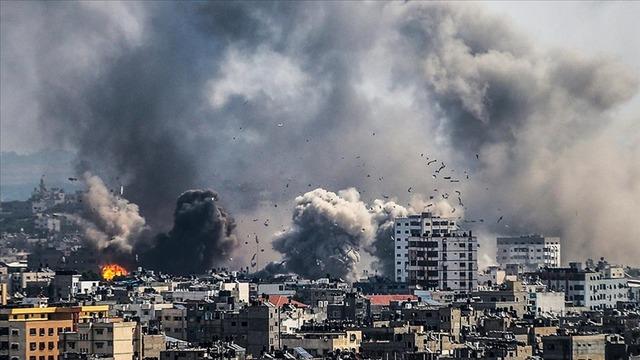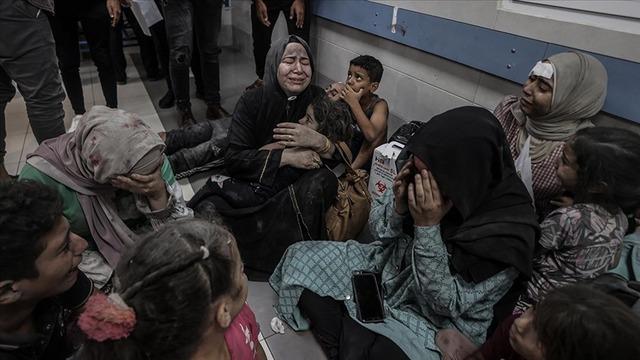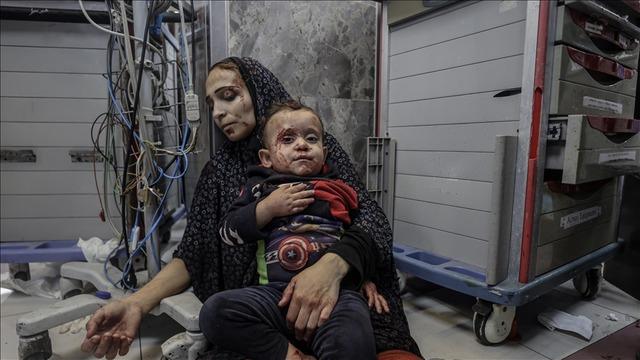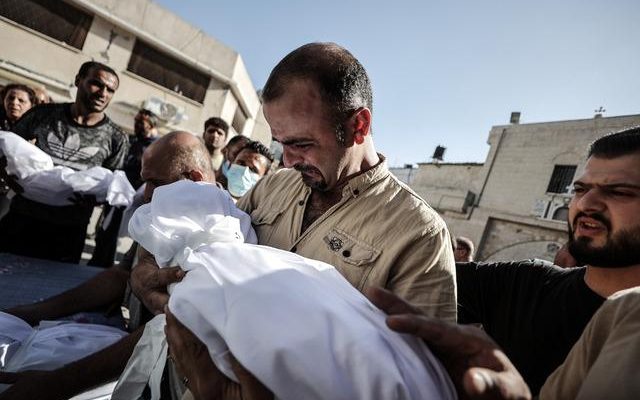Most legal experts think the court will grant South Africa’s request for injunctive relief or some preventive requests. South African Foreign Minister Naledi Pandor will also be present at the trial to be held in The Hague, Netherlands. On the other hand, Israel is of the opinion that these demands will be rejected. “Of course, we expect the court to find these completely absurd accusations leveled by South Africa unacceptable,” says Israeli Government Spokesperson Eylon Levy.
WHAT IS THE SUBJECT OF THE CASE?
South Africa applied to the International Court of Justice on December 29, on the grounds that Israel’s military operation in Gaza violated the UN Genocide Convention signed in 1948.
Genocide is one of the most difficult crimes to prove. Because “genocidal intent” requires actions beyond killing people.
It must be proven that a state intends to destroy, in whole or in part, a national, ethnic or religious group.
South Africa needs to accept that Israel’s plan or behavior cannot be explained by anything else.
The ICJ, the highest court of the United Nations (UN), hears disputes between states.
To date, no state has been found guilty of genocide.
The ICJ ruled in 2007 that Serbia was insufficient to prevent the Srebrenica Genocide, in which 8 thousand Muslim men were killed in Bosnia and Herzegovina in 1995.

WHAT DOES PRECAUTIONARY MEASURE MEAN?
These are temporary decisions that can be taken to prevent the situation on the ground from worsening further.
Most experts think South Africa has succeeded in getting people to accept that there will be major threats to life if ‘nothing is done’.
This was done during the January 11-12 portion of the case. Israel made its defense on January 12.
South Africa had asked the court to order Israel to stop the war in Gaza and lift restrictions on the entry of humanitarian aid into Gaza.

HOW IS ISRAEL’S STANCE ON THE CASE?
Israel describes the genocide accusation as a “grave distortion” and states that it has the right to defend itself and that it targets Hamas militants, not Palestinian civilians.
WHAT KIND OF SANCTIONS CAN ICJ IMPLEMENT ON ISRAEL?
The ICJ can order interim measures, but these may differ from those requested by South Africa.

The court could order Israel to comply with international human rights law, accept a fact-finding mission to Gaza, or lift restrictions on humanitarian aid.
The court’s decisions are legally binding and there is no appeal mechanism.
On the other hand, the court cannot force states to implement its decisions.

